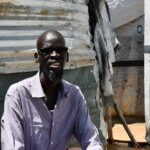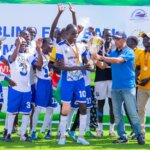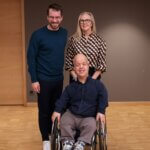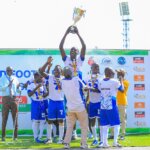- General
- Disability Rights
- Humanitarian Action
- News Wrap
June 2025 News Wrap — our work, successes and impact.
Spotlight on refugees with disabilities
To mark World Refugee Day (June 20), we shared the story of David Liep, highlighting the urgent and underreported challenges refugees with disabilities face.
David, a South Sudanese refugee returnee, told his story of fleeing the conflict in Sudan with his wife and three youngest children.
Living in the overcrowded Mangaten camp in Juba, David, who has a visual impairment, struggles with inaccessible services, the cost of living and extreme heat.
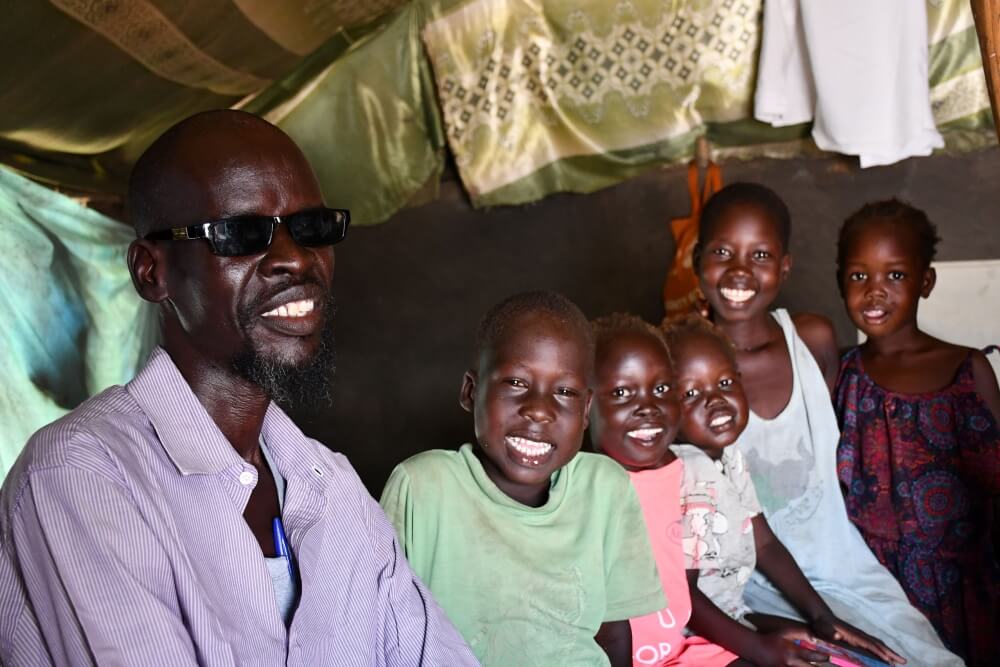
Light for the World referred David to an eye clinic where he received surgery. His wife, Kinith Makuem, has received training to start a soap-making business and joined a local savings group.
“My wife carries the burden,” David says. “I hope that with the improvements in my eyesight, I will be able to support her.”
Eye Radio reported our call for inclusive humanitarian action and David’s story, which was also published by ReliefWeb.
Joining forces to tackle avoidable blindness in Ethiopia
Light for the World Ethiopia and Cure Blindness Project Ethiopia have agreed a major step forward in tackling avoidable blindness and achieving equitable access to eye care across Ethiopia.
The three-year Memorandum of Understanding commits both organisations to collaborate on child eye health programmes, outreach services, fellowship and surgical training, and joint advocacy on disability inclusive, gender-responsive eye health.
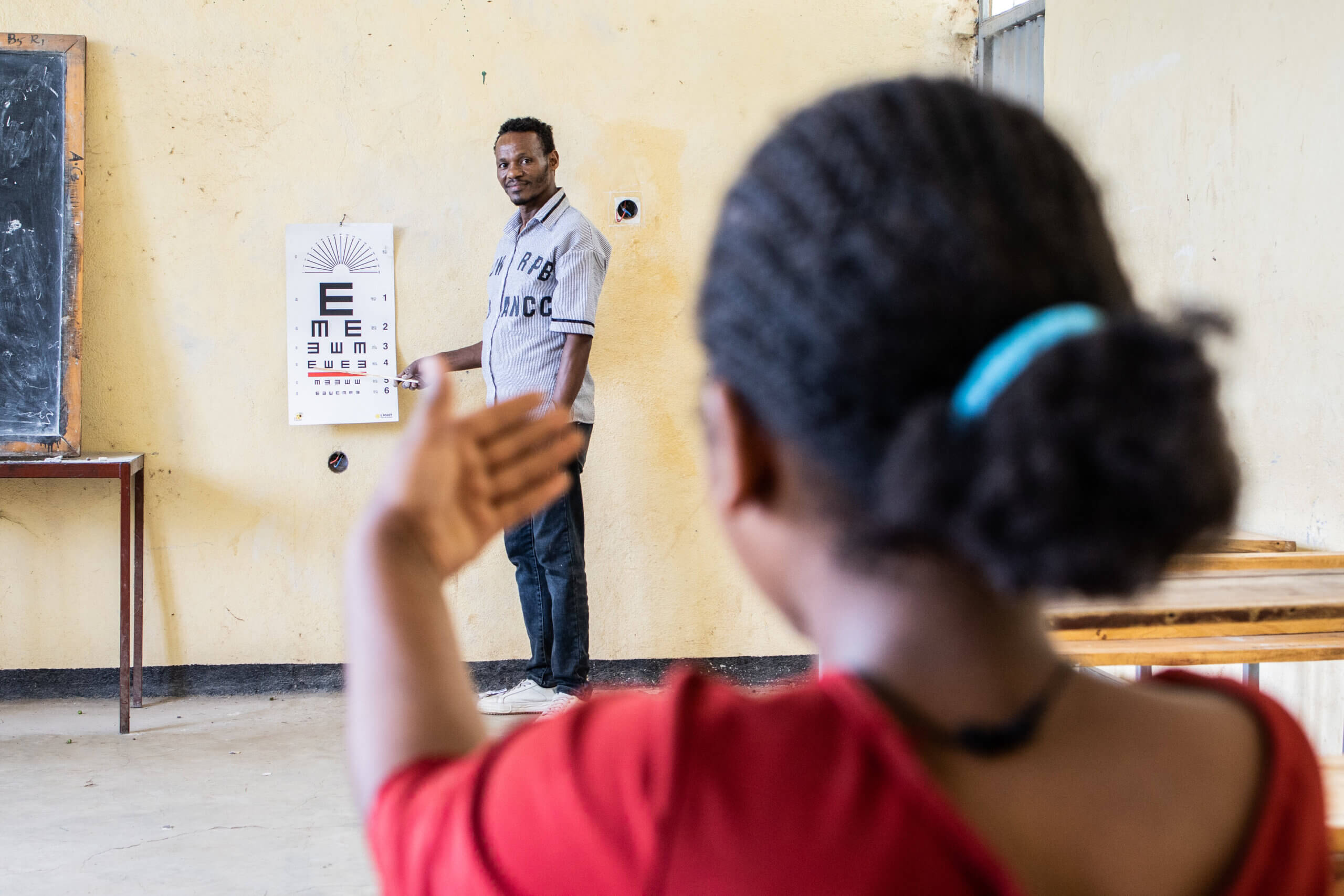
By combining Light for the World’s expertise in inclusive programming and Cure Blindness Ethiopia’s infrastructure and surgical experience, the partnership aims to deliver impactful, community-centered care throughout the country.
Building disability inclusive governance
Light for the World is working with Homa Bay County in Kenya to embed disability inclusion within county systems.
As part of our inclusive business programme, the Disability Inclusion Advisory Unit led practical training for County Directors and Officers. The session focused on what meaningful inclusion looks like in public institutions.
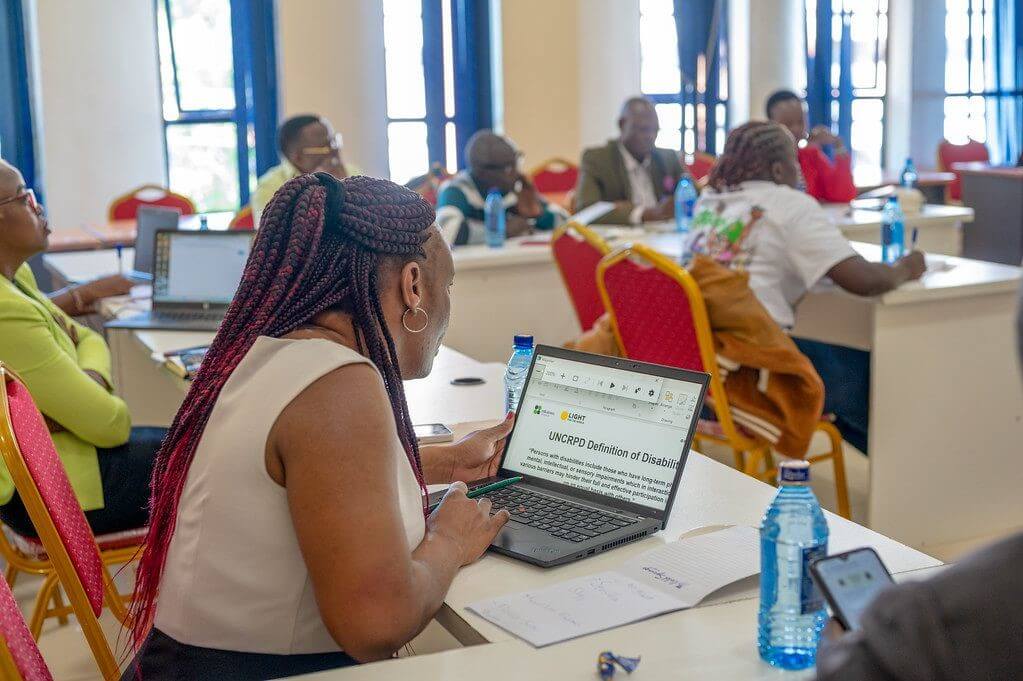
This is part of our broader disability inclusion advisory work at Light for the World Kenya. We partner with public sector stakeholders, like Homa Bay County, to identify and address policy, environmental and attitudinal barriers that limit access to economic opportunities for persons with disabilities. Through this partnership, we strengthen internal capacity and support practical steps towards inclusive governance.
InBusiness, part of the Inclusive Futures programme, is implemented in partnership with UDPK, Sightsavers, Sense International and Humanity & Inclusion UK.
New Disability Rights and Eye Health Policy Briefs
Light for the World has launched two new Policy Briefs to drive our work towards a world where people with disabilities and eye conditions can fully exercise their rights.
One in six people globally has a disability. Too often marginalised populations, people with disabilities and people in humanitarian crises do not receive the necessary care. Women and girls are particularly affected.
Our new Disability Rights Policy Brief outlines how we can permanently dismantle barriers, aiming for systems and mindset change.
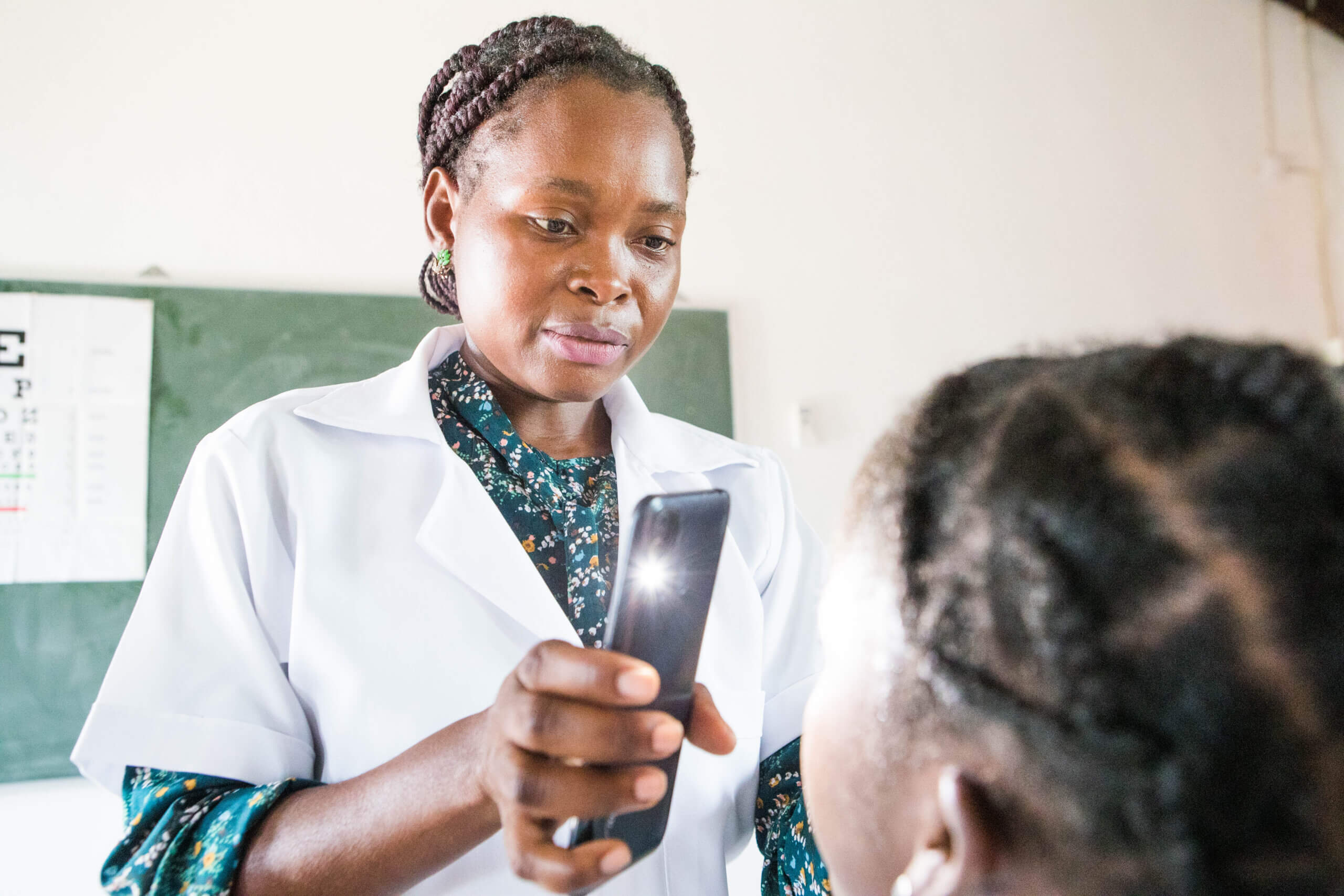
We also know the transformative power of effective eye care. It advances education, increases resilience to crises, and fosters societal and economic development. With an estimated 36-fold return on investment, eye health is one of the most impactful areas to invest in. One billion people face an unmet need for eye care.
Read our new Eye Health Policy Brief to find out more about the critical importance of eye health as an enabler for education and employment.
In case you missed it…
- El Pais interviewed Jane Waithera about the transformative power of a pair of glasses, the SPECS 2030 campaign and why it is essential to close the eyeglasses access gap.
- Inclusive Futures shared a new report with lessons and guidance on breaking down barriers to inclusion and tackling disability stigma.
- ATscale, the Global Partnership for Assistive Technology, launched a new Policy Brief on Assistive Technology and Employment, with examples from the SPARK and We Can Work programmes.
- AllAfrica reported on the graduation of trainees from the We Can Work Entrepreneurship and Business Skills Training Program.
- The official launch of the United by Sports programme took place, with stakeholders from South Sudan Union of Persons with Disabilities, government agencies, civil society groups, the Paralympic Commitee and the South Sudan Blind Football Team.
